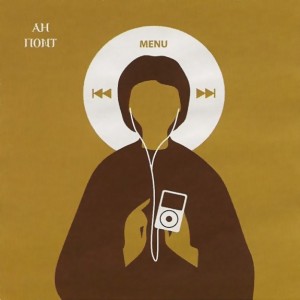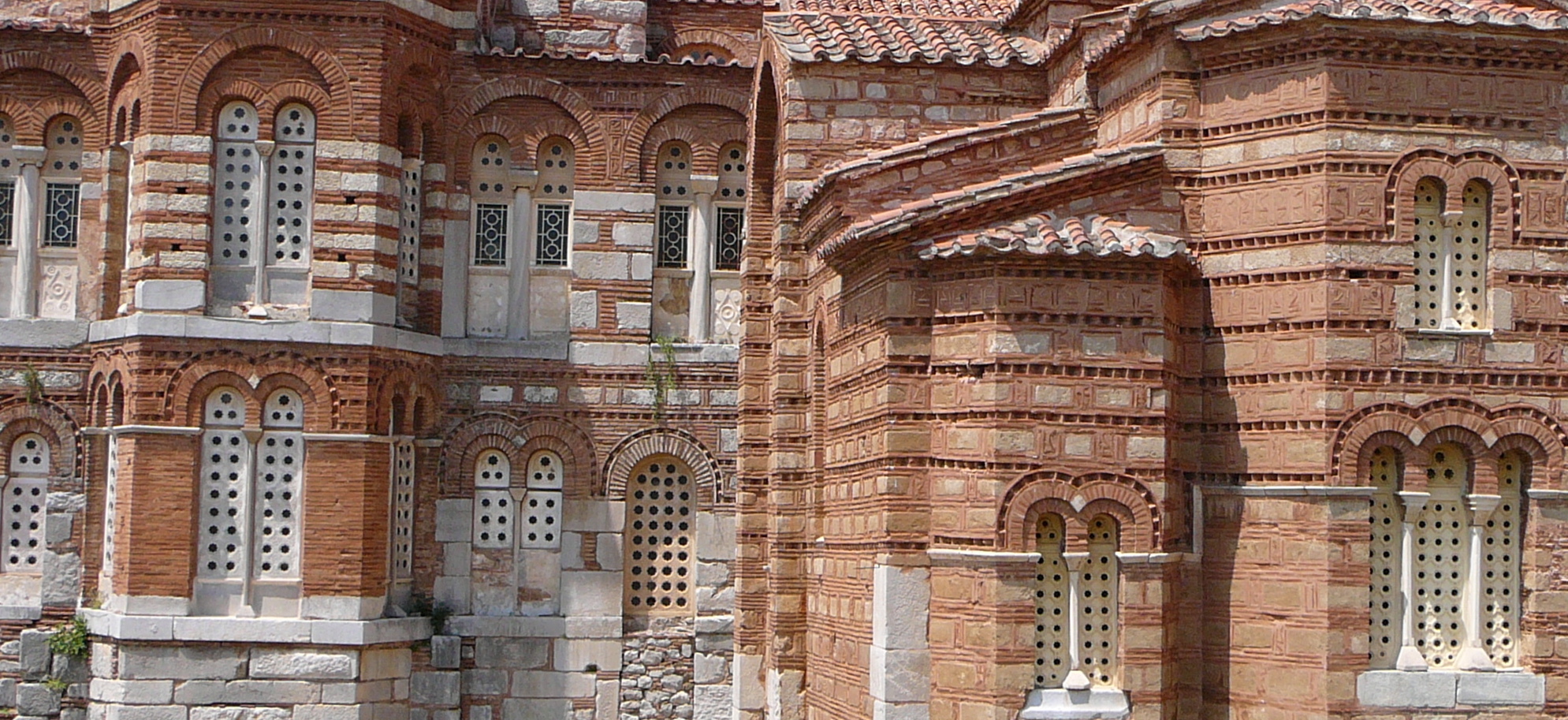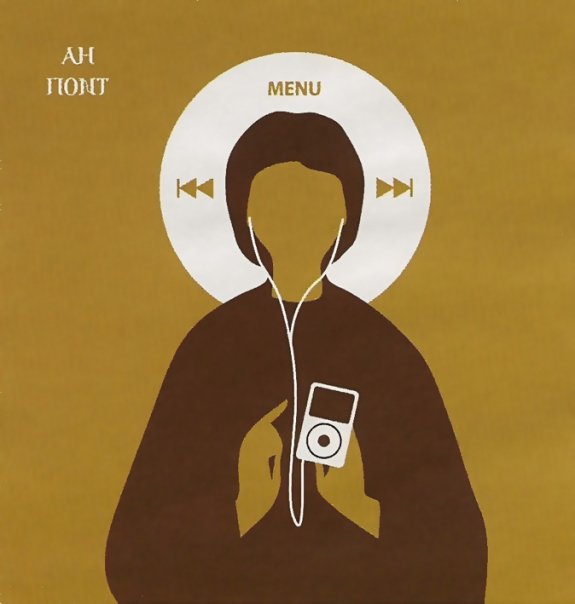Episodes

Thursday Sep 21, 2023
100. Our new book on the armies, and on revisionism in history, with Marion Kruse
Thursday Sep 21, 2023
Thursday Sep 21, 2023
In this episode, Marion and I talk about our new co-authored book, The Field Armies of the East Roman Empire, 361-630 (Cambridge University Press, 2023). For those interested in the military history of this period, this book contains a downright mutinous revision of the organization of the East Roman field armies and the changing priorities behind their deployments. We also take the opportunity to discuss revisionist scholarship in general, the kinds we like and those we would court-martial.

Thursday Sep 07, 2023
99. A new history of medieval Christianity, with Peter Heather
Thursday Sep 07, 2023
Thursday Sep 07, 2023
A conversation with Peter Heather (King's College, London) about his new book Christendom: The Triumph of a Religion, AD 300-1300 (New York: Knopf, 2023). Peter is one of the leading historians of the fall of the western Roman empire and the emergence there of the post-Roman, "barbarian" kingdoms. He now brings a revisionist approach to the emergence of the Church in (mostly western) Europe. This book covers a lot of ground, and so we focus on the early period, where his arguments affect the east too. We talk about the role of contingency, the near-miss of Homoian Christianity, the decisive role of secular rulers, and much more.

Thursday Jul 13, 2023
98. Egyptian hieroglyphs in late antiquity, with Jennifer Westerfeld
Thursday Jul 13, 2023
Thursday Jul 13, 2023
A conversation with Jennifer Westerfeld (University of Louisville) on the scripts that were used to write ancient Egyptian, especially hieroglyphs. Their last attested use was in the 390s AD, putting the end of their long history in our period. Meanwhile, Greek, Roman, and Christian observers were developing their own theories about how the script worked, often quite fantastic, and reacted to texts that were inscribed in public spaces. The conversation is based on Jennifer's fascinating book Egyptian Hieroglyphs in the Late Antique Imagination (University of Pennsylvania Press 2019). For more on Coptic in this period, see episode 13.

Wednesday Jun 28, 2023
97. The remarkable world of hospitals, orphanages, and leprosaria, with Tim Miller
Wednesday Jun 28, 2023
Wednesday Jun 28, 2023
A conversation with Timothy Miller (Salisbury University) about philanthropic institutions in Constantinople, especially hospitals, orphanages, and leprosaria. Tim has done more than anyone to illuminate these remarkable places, starting with his impressive monograph The Birth of the Hospital in the Byzantine Empire (Johns Hopkins University Press 1985, 2nd ed. 1997). His current thinking on hospitals, orphanages, leprosaria can be found in the chapter 'Philanthropic Institutions,' in S. Bassett, ed., The Cambridge Companion to Constantinople (Cambridge 2022) 245-261.

Thursday Jun 15, 2023
96. Pre-Islamic Arabia, with Valentina Grasso
Thursday Jun 15, 2023
Thursday Jun 15, 2023
A conversation with Valentina Grasso (Bard College) on Arabia before Islam. This used to be known primarily from preserved Arabic poetry, but the picture is now filling in from inscriptions and contemporary texts. There were competing kingdoms, tribal coalitions, and foreign empires with a stake in trade routes. There were pagans, Jews, and Christians, as well as generic or "cautious" monotheists. The cultural background of the Koran has never been known in such richness and complexity. The conversation is based on Valentina's recent book, Pre-Islamic Arabia: Societies, Politics, Cults, and Identities during Late Antiquity (Cambridge 2023).

Thursday Jun 01, 2023
95. Rome and Byzantium in Heavy Metal music, with Jeremy Swist
Thursday Jun 01, 2023
Thursday Jun 01, 2023
A conversation with Jeremy Swist (Brandeis University) on why some heavy metal bands write music about Roman and Byzantine history. Expect "good" and "bad" emperors to be reversed here! Jeremy has published much on this, including 'Satan's Empire: Ancient Rome's Anti-Christian Appeal in Extreme Metal,' Metal Music Studies 5 (2019) 35-51; 'Headbanging to Byzantium: The Reception of the Byzantine Empire in Metal Music,' in "What Byzantinism is this in Istanbul!" Byzantium in Popular Culture (Istanbul 2021) 200-231; and online, 'Enjoy My Flames' (Lapham's Quarterly) and 'Dawn of a Dark Age: Constantine the Great in Heavy Metal Music.'

Thursday May 18, 2023
94. What academic tenure does for you (yes, you!), with Jacques Berlinerblau
Thursday May 18, 2023
Thursday May 18, 2023
A wide-ranging conversation with Jacques Berlinerblau (Georgetown University) on the changing nature of the academic profession, especially regarding the erosion of academic freedom through the expansion of contingent academic labor and direct attacks on it by the states. Is research becoming increasingly vulnerable to outside political pressures? The conversation is based partly on Jacques's book Campus Confidential: How College Works, or Doesn’t, for Professors, Parents, and Students (Melville House, 2017), and partly on articles that he has written for news outlets, including MSNBC and The Chronicle of Higher Education.

Thursday May 04, 2023
93. The afterlife of pagan inscriptions in Byzantium, with Anna Sitz
Thursday May 04, 2023
Thursday May 04, 2023
A conversation with Anna Sitz (Universität Heidelberg) on how Byzantines read ancient inscriptions - or modified, re-used, and defaced them. Ancient cities were full of inscribed texts, many on temple walls or referring to the gods in prominent ways. How did Christians cope with these monuments when they took over the cities of Greece and Asia Minor? We talk about a number of cases, including the massive inscription of Augustus' Res Gestae in Ankara. The conversation is based on Anna's book Pagan Inscriptions, Christian Viewers: The Afterlives of Temples and Their Texts in the Late Antique Eastern Mediterranean (Oxford University Press 2023).

Thursday Apr 20, 2023
Thursday Apr 20, 2023
A conversation with Anna Henderson (ARC Humanities Press) about the world of academic publishing today, including its challenges, opportunities, and aspirations. ARC is a fairly recent venture, but has already published a number of excellent books in medieval studies (including on Byzantium). You can find out more about it here: https://www.arc-humanities.org In fact, the very first episode of this podcast was on a book published by ARC.

Thursday Apr 06, 2023
91. Scavenging in the ruins of empire, with Robin Fleming
Thursday Apr 06, 2023
Thursday Apr 06, 2023
A conversation with Robin Fleming (Boston College) about how the lives and material circumstances of people in Roman Britain changed when the imperial state and its economy withdrew from the island in the fifth century AD. Among other topics, we talk about food, skills, recycling of materials, and adaptation. The conversation is based on Robin's recent book The Material Fall of Roman Britain, 300-525 AD (University of Pennsylvania Press 2021).

